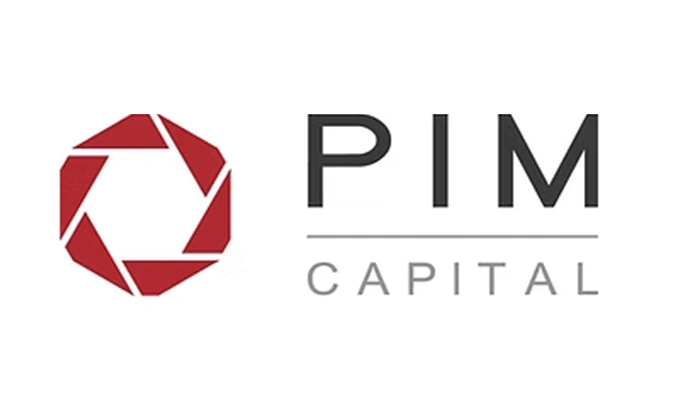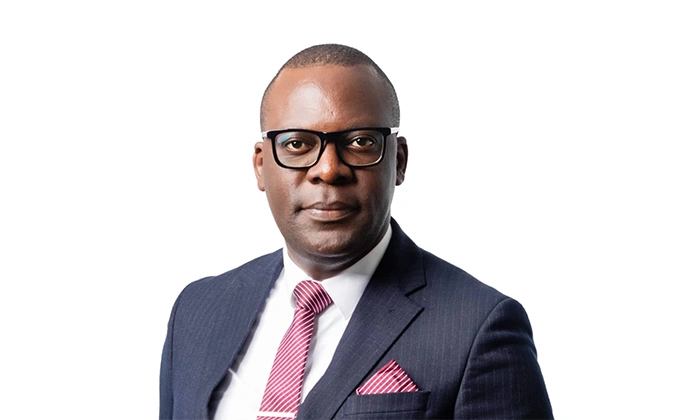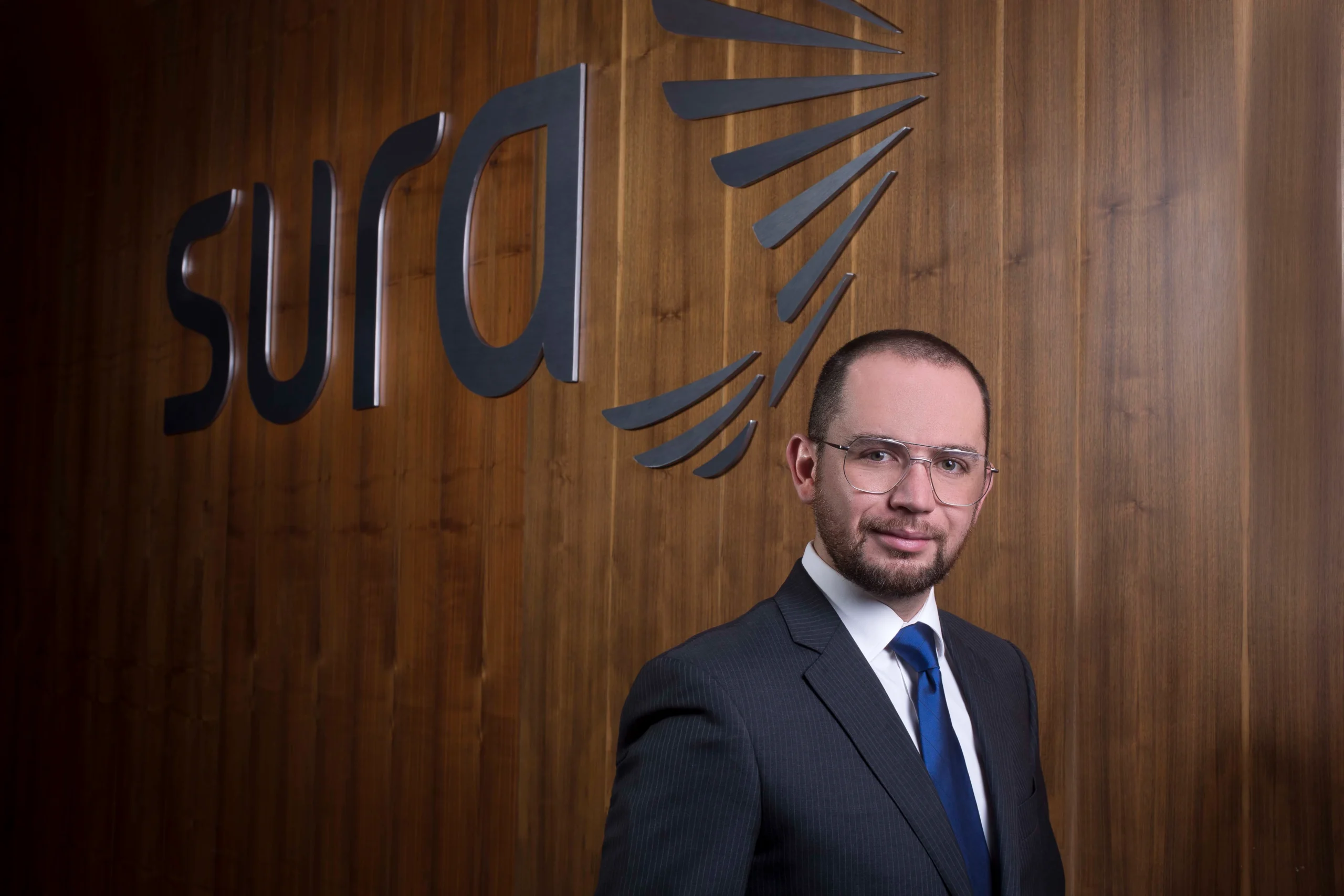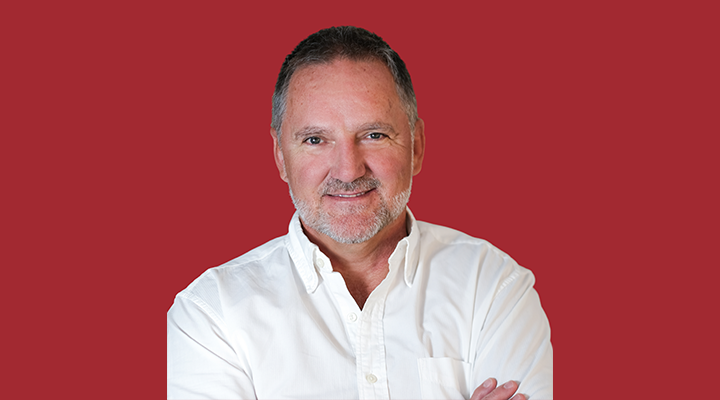MauBank wins international award for tackling barriers to finance

John E. Kaye
- Published
- Banking & Finance
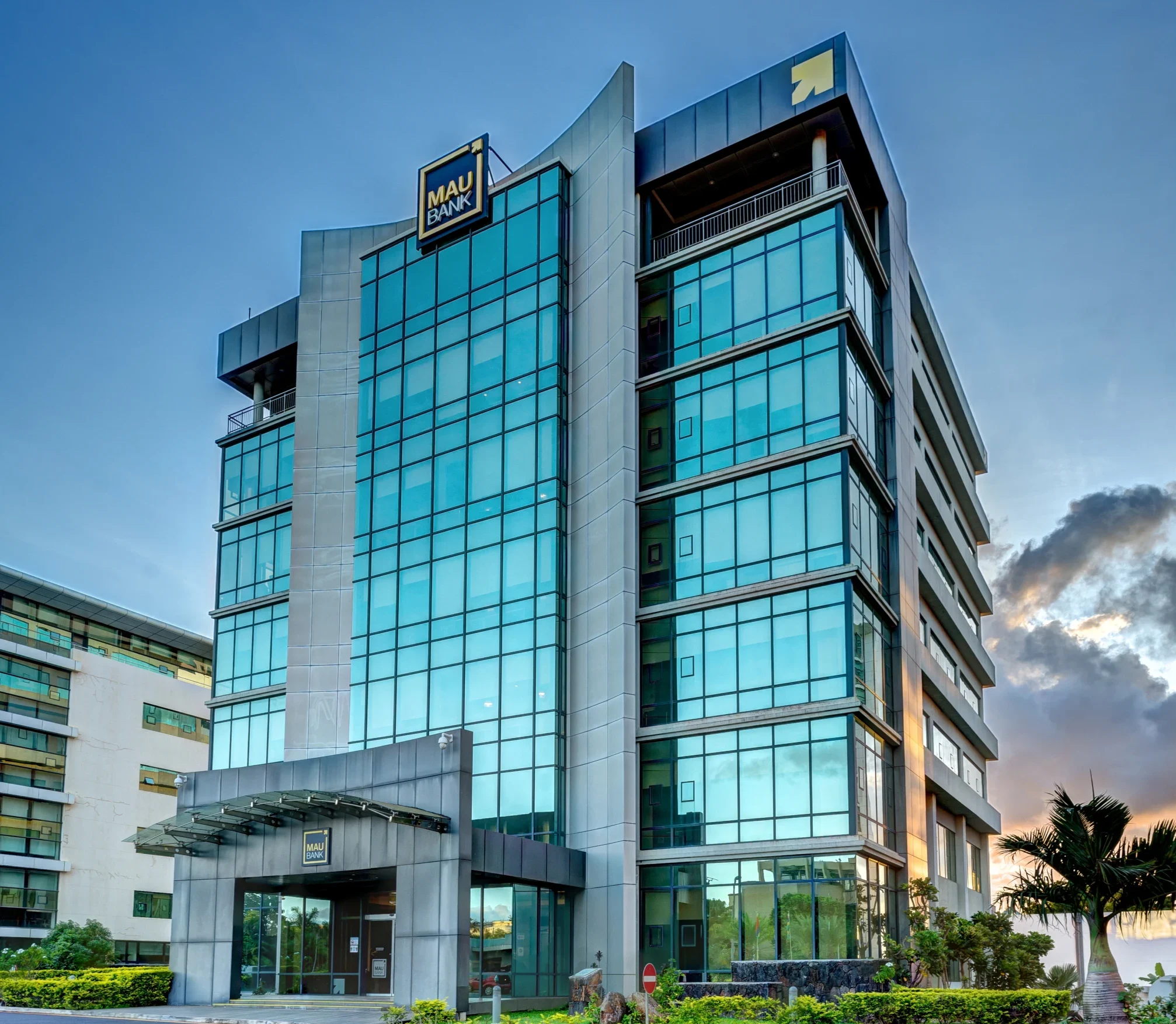
Named best in its category at The European’s Global Banking and Finance Awards 2025, MauBank was recognised for its progressive, embedded approach to access and support. At the heart of that strategy is ElleBoost, a programme designed to help women entrepreneurs overcome structural barriers to finance in Mauritius. John E. Kaye reports on a strategy now recognised as a benchmark for inclusive banking
Mauritius, an island nation in the Indian Ocean, has steadily built a reputation as one of Africa’s most stable and financially connected economies. The country has long encouraged entrepreneurship and continues to advance its national agenda on financial inclusion through targeted policies and public-private initiatives. But even in a relatively mature ecosystem, gaps in access still exist, particularly for segments operating in the informal sector.
For women entrepreneurs, one such barrier is the requirement for collateral. In cases where land or property is not generally registered in their name, meeting standard lending criteria can be challenging. As a result, otherwise bankable initiatives may struggle to secure the financing they need to take off. So how can the financial system adapt, without lowering standards, to recognise potential beyond paperwork?
That’s how MauBank set out to dismantle that barrier through the introduction of ElleBoost, a programme launched on International Women’s Day in 2024. The initiative was designed to address persistent challenges faced by women entrepreneurs, such as limited access to capital, cash flow constraints, and the difficulty of expanding informal or small-scale businesses. ElleBoost combines a suite of tailored financial solutions, including term loans, overdraft and leasing facilities at a concessionary rate. It also offers non-financial incentives such as waived processing fees, and a free credit card.
To improve accessibility, the bank developed a contextual assessment model that replaced standard financial tests with more accessible indicators: structured interviews, references from suppliers, and endorsements from community leaders. This has allowed MauBank to measure potential in practical, real-world terms.
Once accepted onto the programme, participants receive access to credit alongside direct, one-to-one support from trained MauBank staff. These staff members help clients with business planning, cashflow forecasting, registration, licensing, and regulatory compliance. The intention is to help entrepreneurs transition from informal activity into sustainable enterprise. That impact was recognised publicly when ElleBoost became a central element in MauBank’s submission to The European’s Global Banking and Finance Awards 2025, which named the bank Best Bank in Financial Education and Inclusion – Mauritius.
According to the materials reviewed by the judging panel, ElleBoost applicants came from a broad range of sectors that are both vital and underserved. Among them: food production, textile manufacturing, and informal retail. The panel cited the bank’s methodical assessment model as a clear and targeted response to a market failure that has long been acknowledged but rarely addressed at an institutional level.
“MauBank won the award because it tackled a problem that other banks have ignored for too long,” Jon Kirk, our Managing Editor, told me. “ElleBoost removed a major barrier that has kept thousands of women out of the financial system. The bank changed its lending rules, provided proper support, and followed through. It didn’t stop at access but built a structure that helps people of all ages and backgrounds succeed.”
Although ElleBoost is now widely recognised, the programme reflects a much broader institutional approach to inclusion. MauBank, one of Mauritius’s state-owned commercial banks, is headquartered in the cybercity of Ebene and operates 19 business centres across the island. Financial inclusion has been built into its operations, influencing product development, client engagement, and staff training.
The bank’s guiding principle—Le partenaire de votre progrès, or ‘the partner of your progress’—is reflected in the way it structures its services and in the tools it provides for clients. It informs both its external programmes and the way frontline employees are supported to deliver them.
“Clients often know their trade, but not how to present it to a bank. We provide that bridge.”
Mauritius itself presents a distinctive economic context. While most citizens have access to basic banking services, financial capability varies significantly. The last comprehensive study, conducted by S&P Global in 2014, showed that only 39 per cent of Mauritian adults demonstrated the minimum standard for financial literacy. For small business owners, especially those who have developed their businesses informally or through self-taught methods, understanding banking systems and formal finance can remain a significant challenge.
MauBank has responded by integrating financial education into its everyday operations. Clients receive practical guidance on subjects such as repayment scheduling, risk management, and cashflow forecasting. Staff are trained to bridge the gap between everyday business activity and formal financial documentation. Where clients struggle to translate their trade into the formats required by banks, MauBank staff help to structure the information clearly and accurately.

Each Business Centre includes at least one Relationship Manager with strong local knowledge and ongoing access to professional development. MauBank prioritises internal delivery, equipping its teams to provide specific advice rather than outsourcing these services to third-party consultants or relying on generic guidance.
The bank also works actively within the community. By partnering with NGOs and civil society groups, MauBank delivers financial literacy sessions tailored to specific audiences. These include low-income households, children in care, people with disabilities, and individuals unfamiliar with mobile or online banking. Sessions are focused on practical tools: budgeting, digital wallets, scam prevention, and tracking everyday expenses, and are shaped by the daily needs of each group.
“The aim is to keep improving how we serve people who have been left out for too long.”
As Mauritius shifts towards a more digital economy, MauBank has placed greater emphasis on digital security and online banking skills. Training now includes guidance on mobile payments, cyber-awareness, and responsible use of financial apps. This digital strand has become a central element in the bank’s broader inclusion work, helping to prepare clients for the realities of a cash-light financial system.
In 2020, as the COVID-19 pandemic put many small and medium-sized businesses at risk, MauBank launched LokalBoost, a concessional funding programme designed to support SMEs that did not qualify for government assistance. The scheme provided loans of up to Rs 2 million and included direct advisory support to help clients adapt their operations and rebuild their businesses. LokalBoost received recognition from Global Brands Magazine, which named it Best Integrated Ad Campaign – Mauritius in 2021. The award highlighted the programme’s national visibility and its direct impact on the business community.
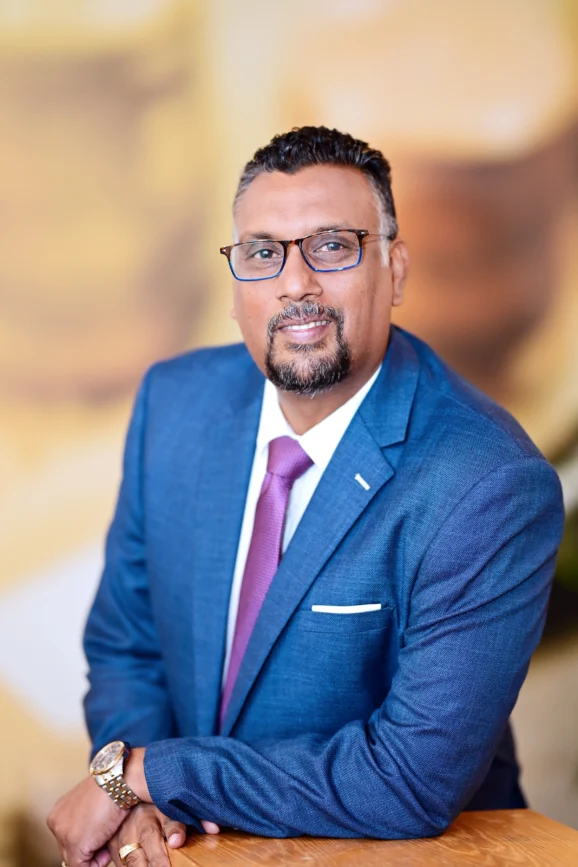
That willingness to develop locally relevant solutions has shaped MauBank’s wider corporate strategy. The bank now works with over 90 per cent of the country’s top 100 companies and provides financial services to core sectors including trade, construction, tourism, and energy. Rather than focusing solely on pricing, MauBank has built long-term relationships by prioritising value, consistency, and local understanding.
When The European’s judging panel assessed MauBank’s submission, they focused on individual initiatives and on the bank’s overall structure. According to Kirk, what stood out was the degree to which inclusion had been integrated into the institution, from the design of lending criteria to the support offered to clients and the training given to staff. The work extended beyond public statements and marketing campaigns and was visible in the bank’s systems, practices, and outcomes.
“We awarded MauBank because inclusion wasn’t treated as a side project but rather built into the way it operates on a day-to-day basis,” Kirk added.
ElleBoost remains a prominent example of a programme created to meet a specific structural need and delivered in a way that has proven both workable and repeatable. But the lesson it carries applies more broadly. As financial institutions across the Indian Ocean and sub-Saharan Africa examine how to extend access effectively, MauBank’s experience offers a model that can be adapted elsewhere.
“We’re continuing to learn from the programme and build on what’s working,” Vishuene Vydelingum, CEO said. “The aim is to keep improving how we serve people who have been left out for too long.”
Further Information
This article was produced with support from MauBank. For more information, www.maubank.mu
RECENT ARTICLES
-
 Managing cross-border risks in B2B e-commerce
Managing cross-border risks in B2B e-commerce -
 J.P. Morgan launches first tokenised money market fund on public blockchain
J.P. Morgan launches first tokenised money market fund on public blockchain -
 Aberdeen agrees to take over management of £1.5bn in closed-end funds from MFS
Aberdeen agrees to take over management of £1.5bn in closed-end funds from MFS -
 Enterprise asset management market forecast to more than double by 2035
Enterprise asset management market forecast to more than double by 2035 -
 EU Chamber records highest number of entries for 2025 China Sustainable Business Awards
EU Chamber records highest number of entries for 2025 China Sustainable Business Awards -
 Inside Liechtenstein’s strategy for a tighter, more demanding financial era
Inside Liechtenstein’s strategy for a tighter, more demanding financial era -
 ‘Stability, scale and strategy’: Christoph Reich on Liechtenstein’s evolving financial centre
‘Stability, scale and strategy’: Christoph Reich on Liechtenstein’s evolving financial centre -
 Bridging tradition and transformation: Brigitte Haas on leading Liechtenstein into a new era
Bridging tradition and transformation: Brigitte Haas on leading Liechtenstein into a new era -
 Liechtenstein in the Spotlight
Liechtenstein in the Spotlight -
 Fiduciary responsibility in the balance between stability and global dynamics
Fiduciary responsibility in the balance between stability and global dynamics -
 Neue Bank’s CEO on stability, discipline and long-term private banking
Neue Bank’s CEO on stability, discipline and long-term private banking -
 Research highlights rise of 'solopreneurs' as technology reshapes small business ownership
Research highlights rise of 'solopreneurs' as technology reshapes small business ownership -
 Philipp Kieber on legacy, leadership and continuity at Interadvice Anstalt
Philipp Kieber on legacy, leadership and continuity at Interadvice Anstalt -
 Building global-ready funds: how South African managers are scaling through offshore platforms
Building global-ready funds: how South African managers are scaling through offshore platforms -
 Global billionaire wealth hits record as relocation and inheritance accelerate, UBS finds
Global billionaire wealth hits record as relocation and inheritance accelerate, UBS finds -
 Human resources at the centre of organisational transformation
Human resources at the centre of organisational transformation -
 Liechtenstein lands AAA rating again as PM hails “exceptional stability”
Liechtenstein lands AAA rating again as PM hails “exceptional stability” -
 Lusaka Securities Exchange surges ahead on reform momentum
Lusaka Securities Exchange surges ahead on reform momentum -
 PROMEA leads with ESG, technology and trust in a changing Swiss market
PROMEA leads with ESG, technology and trust in a changing Swiss market -
 Why collective action matters for pensions and the planet
Why collective action matters for pensions and the planet -
 Structuring success with Moore Stephens Jersey
Structuring success with Moore Stephens Jersey -
 PIM Capital sets new standards in cross-jurisdiction fund solutions
PIM Capital sets new standards in cross-jurisdiction fund solutions -
 Innovation, advisory and growth: Banchile Inversiones in 2024
Innovation, advisory and growth: Banchile Inversiones in 2024 -
 Digitalization, financial inclusion, and a new era of banking services: Uzbekistan’s road to WTO membership
Digitalization, financial inclusion, and a new era of banking services: Uzbekistan’s road to WTO membership -
 Fermi America secures $350m in financing led by Macquarie Group
Fermi America secures $350m in financing led by Macquarie Group














